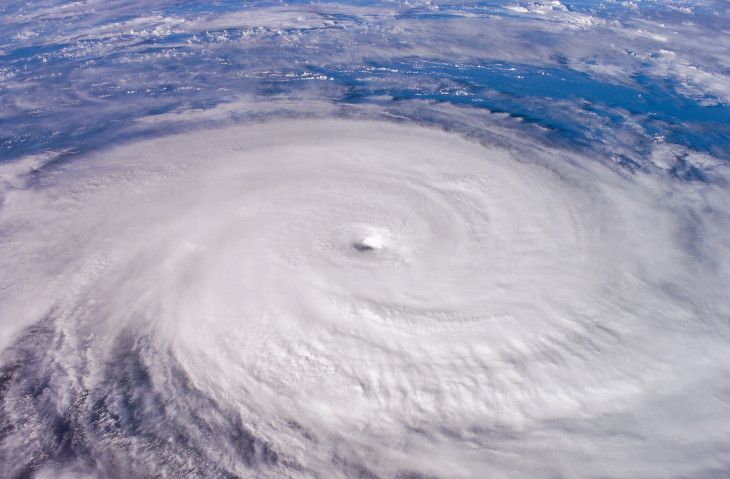Atmospheric scientists are responsible for issuing severe weather warnings. They typically have a bachelor's degree in meteorology or a similarly related field in earth sciences. Those interested in research positions will require a minimum of a master's degree and typically require a Ph.D.
Education & Training
Scientific fields that study the phenomena of atmospheric qualities is a valid area of study. Generally, atmospheric scientists require a bachelor's degree in atmospheric science or a similar field. Some individuals earn a bachelor's degree in geology, physics, chemistry or choose these courses as alternate majors. Certain schools offer classes in atmospheric science through other departments including geosciences and physics. It is recommended that prospective meteorologists take courses outside the realm of atmospheric sciences in order to develop a broader perspective.
Common course requirements include: atmospheric science, advanced mathematics, meteorology, and physics. Since atmospheric scientists commonly have to write and edit certain computer software programs, classes in computer programming can prove beneficial. Communications coursework is additionally important since many organizations are becoming extra focused on educating their communities and ensuring they produce useful data to the scientific community.
It is necessary to choose courses that are relevant to the area of desired specialization. Individuals who wish to become broadcast meteorologists for TV stations or radio for example, would do well to incorporate classes in related fields including speech and journalism. Graduate students may take courses in geophysics or oceanography.
Atmospheric scientists who choose to work in research need to have a master's degree at the very least. Earning a Ph.D. in atmospheric science is often required. The majority of graduate programs do not necessitate that prospective students need to have a bachelor's degree in atmospheric science. In fact, having a bachelor's degree in engineering, physics or mathematics is ideal preparation for graduate study involving atmospheric science.
Training
Meteorologists and atmospheric scientists who decide on employment with the National Weather Service will require two hundred hours of on the job training every year for their initial two years of employment.
Skills and Qualities that will Help
Communication Skills: Being capable of speaking clearly and articulating knowledge through reports allows atmospheric scientists to influence individuals and communities in weather related matters.
Critical-thinking Skills: These scientists need to be able to analyze the results of their forecasts and computer models to determine what the potential outcome will be.
Math Skills: These scientists rely on statistics, calculus and additional advanced math to create models utilized to conduct weather forecasts. Mathematical calculations are heavily relied on to study the relationship between atmospheric properties. These calculations can determine how air temperature can be affected by changes in air pressure.
How To Advance
A master's degree in atmospheric science is not necessary; however, it greatly enhances ones job prospects. Meteorologists in private industry and government positions will enjoy higher wages and better advancement potential if they have a master's degree in atmospheric science. Those who wish to work as consultants in private industry firms may decide on a MBA or masters of business administration. This training may be useful for meteorologists who want to use their forecasts to help firms decide on vital business decisions.









